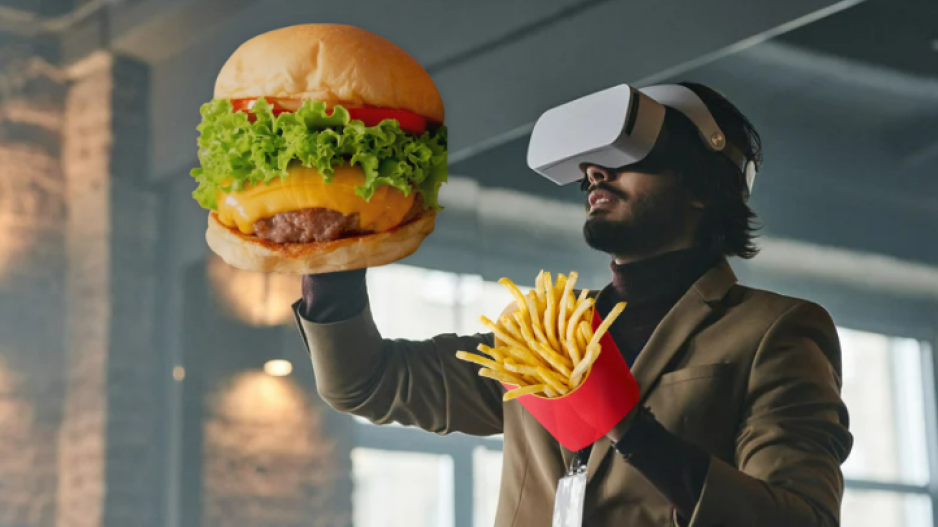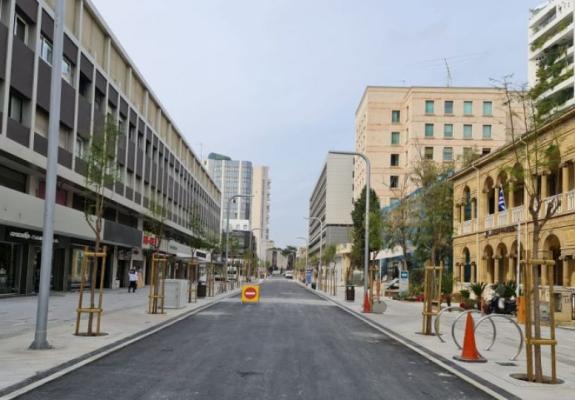VR Technology Could Let You Taste Food on Cooking Shows
Hong Kong Researchers Develop Virtual Reality Device Capable of Recreating Taste Sensations
Have you ever wished you could taste the food you see on a cooking show? According to a research team, this could soon become reality.
Scientists at the City University of Hong Kong have developed a virtual reality (VR) device capable of creating "adjustable taste experiences" in a virtual world. This innovative device could make cooking shows more immersive than ever, allowing viewers to taste dishes made by celebrity chefs or contestants on cooking competitions directly through their screens.
The device, described as a "lollipop-shaped taste interaction system," is capable of producing up to nine distinct flavors. These include sugar, salt, citric acid, cherry, passion fruit, green tea, milk, grapefruit, and durian.
The flavors are generated using food-grade chemicals stored in agarose gel sachets—a substance commonly derived from red algae. When an electric current is applied to the lollipop, the chemicals rise to the gel’s surface, mix with saliva on the tongue, and create the intended taste sensation.
As virtual and mixed reality technologies evolve, researchers are exploring ways to make virtual experiences more immersive by mimicking sensory inputs. While sight, sound, and touch have been successfully integrated into VR systems using haptic technology, taste remains one of the most challenging senses to replicate.
Some researchers have already developed devices capable of simulating smells in virtual worlds, such as Smell-O-Vision-type devices worn beneath the nose. However, recreating taste sensations has proven significantly harder.
In a study published in the journal Proceedings of the National Academy of Sciences, the Hong Kong team introduced their VR taste system. The device resembles a plastic lollipop with a series of metallic electrodes placed around its tip.
The researchers noted that taste is crucial not only for physical but also psychological aspects of human experience.
"Beyond visual, auditory, haptic, and olfactory sensations, taste significantly impacts both the physiological and psychological dimensions of human experience. However, research into VR technologies capable of creating taste sensations is still in its infancy," the researchers explained.
With this innovative device, the boundaries of sensory virtual reality could soon expand, making virtual worlds even more engaging and lifelike.






